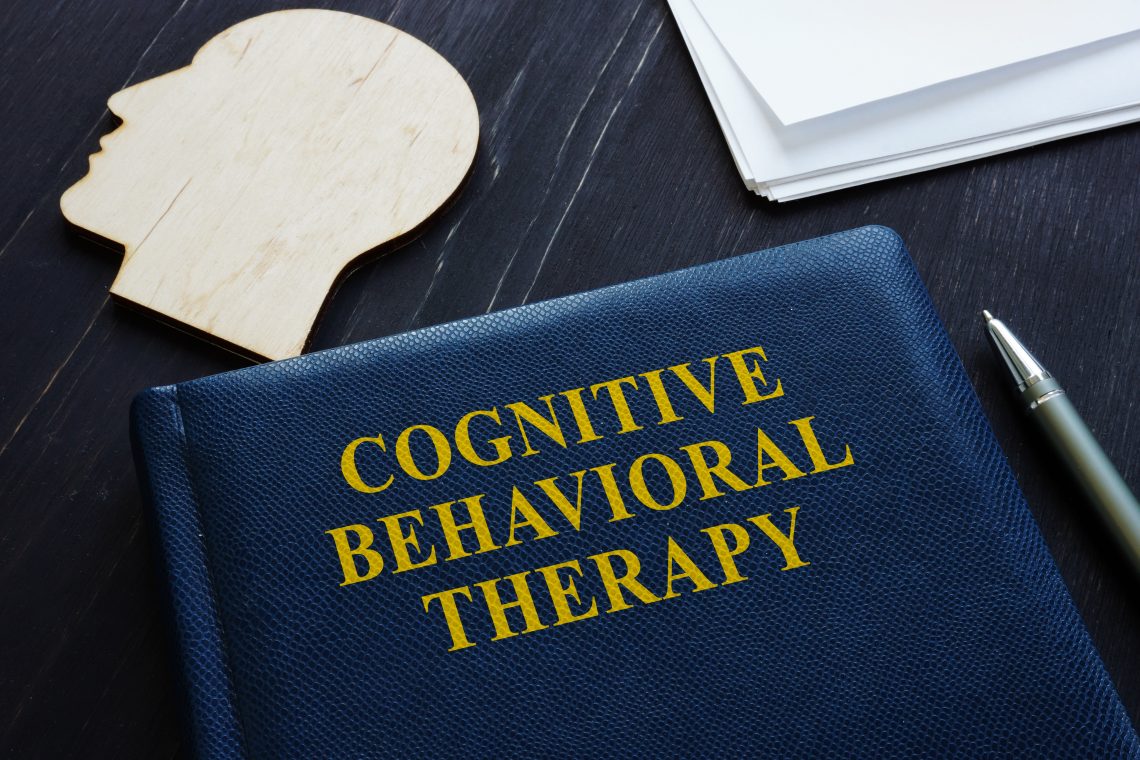Cognitive Behavioral Therapy is a treatment technique for people battling depression, anxiety, or other mental disorders. With CBT, a therapist works with the person to help them modify their behavior or thought processes. If you have been asked to participate in CBT for the treatment of your mental disorder, it is important to understand how CBT works. A therapist can walk you through how CBT can help you manage the disorder. Here are some things to help you understand CBT.
How CBT Works
When undergoing CBT, a therapist trains you to re-think your fears and develop new problem-solving skills. CBT should only be implemented by a trained mental health professional. Many disorders are born out of unhealthy thought patterns or ineffective coping mechanisms.
These disorders include, but are not limited to:
- Post-Traumatic Stress Disorder
- Anxiety Disorders
- Persistent Depressive Disorder
- Sleep Disorders
- Eating Disorders
CBT Techniques
If you were diagnosed with a mental disorder and your therapist feels you would benefit from CBT, they will develop a tailored plan to meet your needs. The plan is customized to help you through the discomfort of modifying your thoughts. When your thought pattern changes, your responses to your environment change. Some techniques you may be asked to use are:
- Journaling
- Role-Playing
- Stress Reduction Techniques
- Exposure Therapy
- Time Management Tips
Comorbidity
A co-occurring disorder is when you are diagnosed with two or more mental disorders. CBT is an excellent treatment for comorbid disorders. You work on overlapping symptoms. Examples of comorbid disorders are substance use disorder and attention-deficit hyperactivity disorder, as well as eating disorders and depressive disorder.
Doctor Visit
Contact your primary care doctor for a referral to a therapist. Your doctor and therapist will ask several questions to understand your symptoms. Be honest when you answer these questions. Your team will need this information to build a successful treatment plan. Some questions you will be asked include:
- What are your symptoms?
- How long have you had symptoms?
- What have you tried in the past?
- What is your medical history?
- Describe your daily activities.
Questions for Your Treatment Team
During your diagnosis and treatment, it is important to take an active part in your recovery. Ask questions, take notes, and follow guidelines. Many people ask a trusted friend or family member to attend the session. They can help you take notes and ask clarifying questions. Consider carrying a dedicated notebook to keep notes and write down questions. Some questions you may ask are:
- How do you treat this disorder?
- How often will I see a therapist?
- Are sessions online or virtual?
- How do I know I am managing my symptoms successfully?
Self-Care Support
Your therapist will give you tasks to perform at home to support your treatment plan. You will be asked to remain connected with positive support structures. Keep a journal of when symptoms occur, possible triggers, and management techniques.
Focus on the goals that you and your therapist establish. Try to not take on additional responsibilities. Find various stress management techniques to determine what works best for you. Taking an active role in your treatment ensures a more positive outcome.
Pharmaceutical Support
A doctor may prescribe medication to help your symptoms. While CBT does not require medication, some co-morbid disorder symptoms may benefit from treatment. For example, stress-induced migraines may require preventative pills. Likewise, a doctor may prescribe medicine to manage detox symptoms when treating a substance abuse disorder.
CBT is a successful type of therapy that studies have proven to help restore productive thought patterns. Working with a professional therapist allows you to develop the skills to manage your symptoms.
Read more lifestyle and self-improvement articles at ClichéMag.com
Images provided by Flickr, Unsplash, Pexels, Pixabay & Creative Commons





